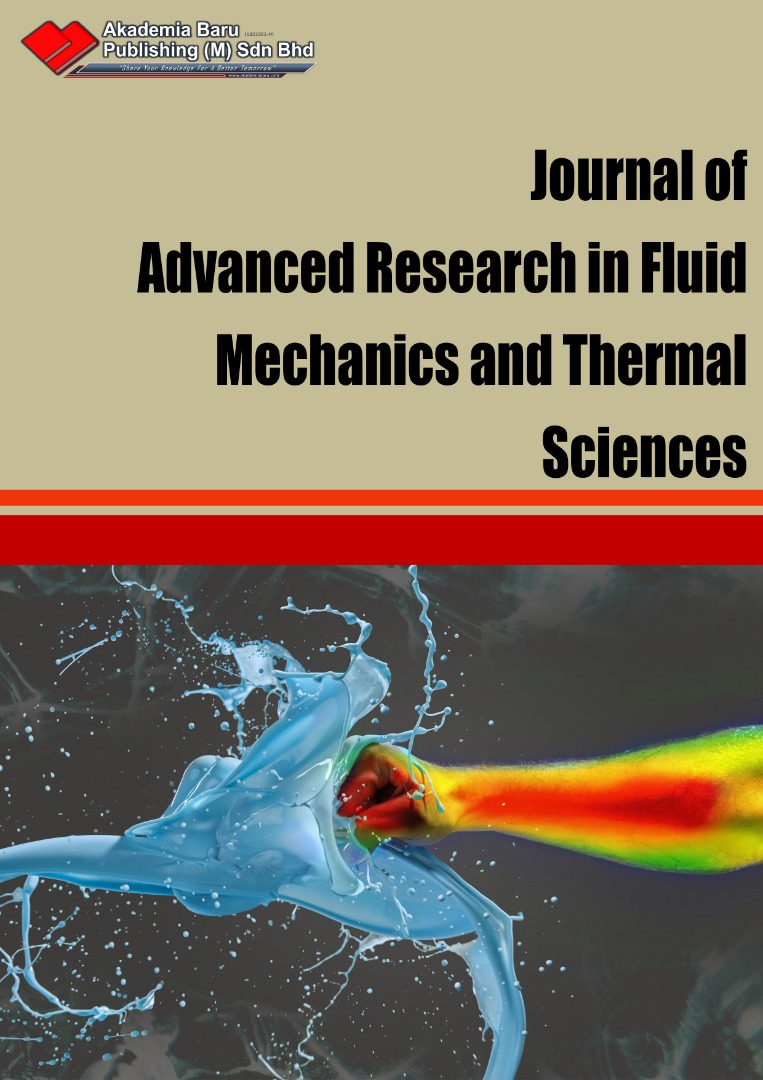A BGK-based Two-Equation Turbulence Model Algorithm for Solving Compressible Navier-Stokes Equations
Keywords:
finite difference, gas-kinetic BGK scheme, Navier-Stokes equations, turbulence model, Boltzmann Model, MUSCL, modified fourth-order Runge-KuttaAbstract
The implementation and validation of the k-? / k-? SST (Shear-Stress-Transport) two- equation turbulence model into the existing BGK (Bhatnagaar-Gross-Krook) flow solver for compressible Navier-Stokes equations in two-space dimensions generalized coordinates are presented. In developing the desired algorithm, the convection flux terms are discretized by a semi-discrete finite difference method. Then, the resulting inviscid flux functions are approximated by the gas-kinetic BGK scheme based on the approximate collisional Boltzmann equation. For high-order spatial accuracy, the cell interface values required by the inviscid flux functions are reconstructed via the MUSCL (Monotone Upstream- Centered Schemes for Conservation Laws) variable interpolation method coupled with a minmod limiter. As for the diffusion flux terms, they are discretized with a second-order central difference scheme. An explicit-type time integration method known as the modified fourth-order Runge-Kutta method is used to march the solution to steady-state. Four test cases have been solved using the developed algorithm, namely turbulent flat plate, transitional flat plate, turbulent RAE2822 airfoil and turbulent Sajben diffuser flows. The accuracy of the solver is examined and results obtained from the computations are also compared with available experimental or analytical data that will demonstrate good agreement has been obtained.












